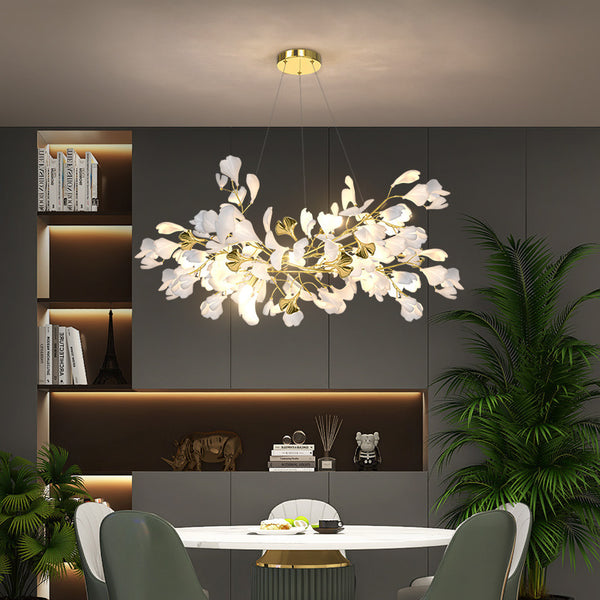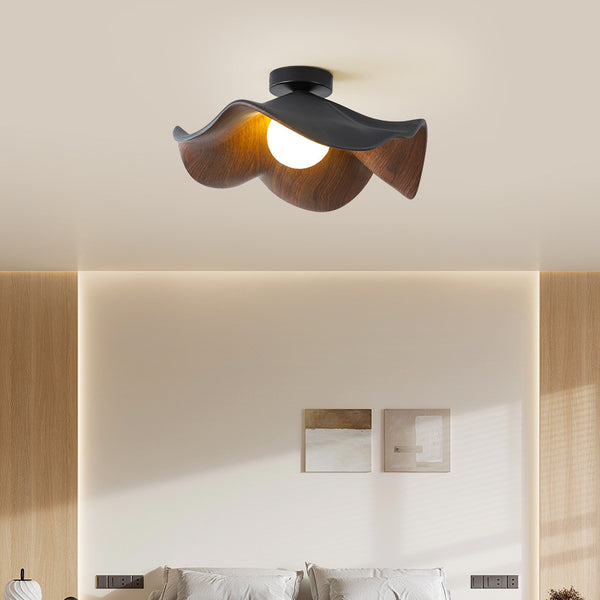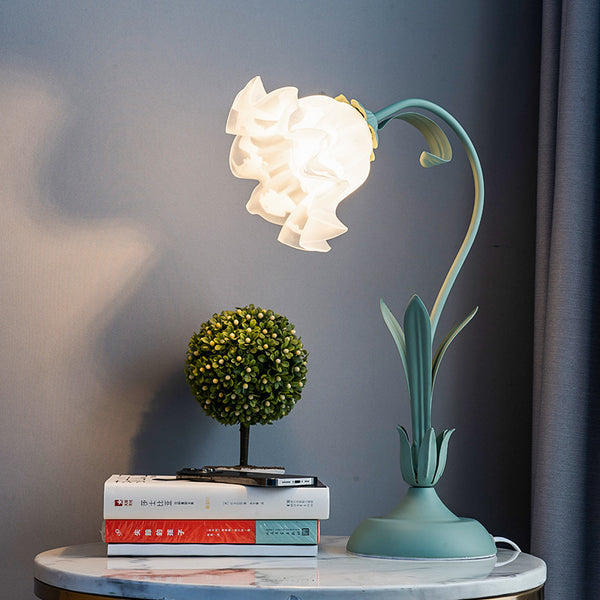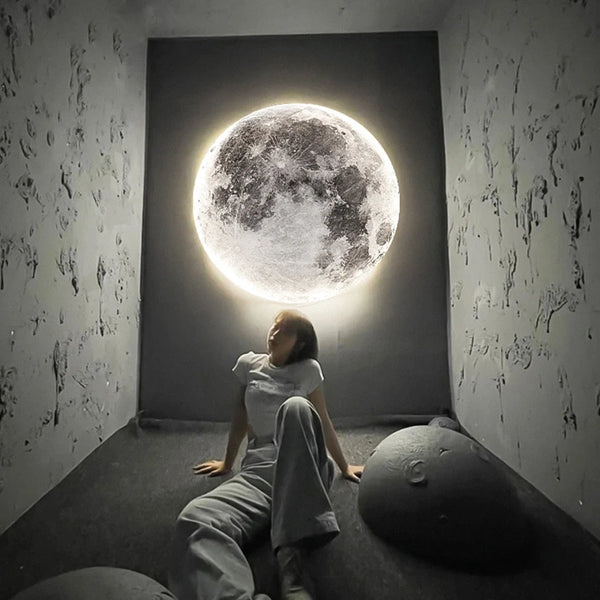What are the 4 Types of Lighting? Understanding and Distinguishing Them in Simple Terms
Once upon a time, I was also the person who couldn't tell the difference between ambient lighting, task lighting, accent lighting, and decorative lighting. I remember the days when someone asked me, "Do you know about the four types of lighting?" and I would just stare blankly. But now, after some learning, I can finally distinguish them clearly. It's quite satisfying, and I regret not paying more attention earlier.
Ambient Lighting:
Ambient lighting is like the star of the room, providing overall brightness. Think of the overhead lights in our office, no matter where you are in the room, you can see everything clearly. In addition to overhead lights, there are other common ambient lighting options, such as floor lamps and recessed lights. This type of lighting allows you to do anything in the room without worrying about stumbling in the dark. It creates a comfortable and even lighting environment throughout the space. That's ambient lighting, providing general illumination to the entire space.
Task Lighting:
Task lighting is a bit selfish; it's there specifically for a particular task. Imagine working at a desk with a bright desk lamp, or reading in bed with a small reading light—that's typical task lighting, focusing light on a specific task. In the kitchen, under-cabinet lights can help you see your cutting area clearly. Task lighting is designed to illuminate specific areas accurately and intensively.
Accent Lighting:
Accent lighting aims to make certain things stand out. This is about adding depth to your space, drawing attention to specific areas. Perhaps you've seen spotlights in galleries or museums, making a painting or sculpture stand out. That's accent lighting, making certain things pop in the room. This can be achieved through spotlights, directional lights, or wall sconces. This lighting strategy is an excellent way to create ambiance and highlight specific elements in a space.
Decorative Lighting:
Decorative lighting is the style statement of your space. This is lighting that looks more like art. Chandeliers, wall sconces, and even some chic table lamps fall into this category. Their job isn't just to light up the room but to add flavor and personality to the space. You can choose from various styles and shapes to add personality and a unique atmosphere to the room. Decorative lighting is a great way to showcase your aesthetic taste.
So, in summary, ambient lighting is for overall brightness, task lighting is for specific tasks, accent lighting is for highlighting certain areas, and decorative lighting is for aesthetics and personality. I hope this simple explanation helps you, just as I escaped the confusion of the past and gained a clear understanding of these four types of lighting.


















